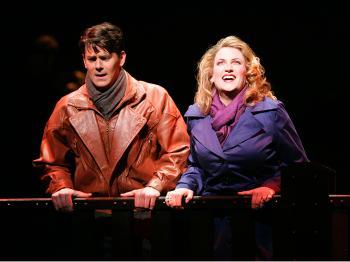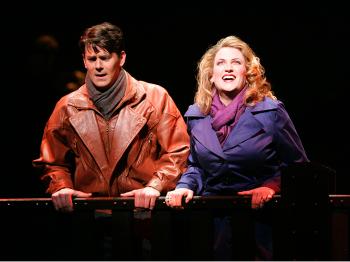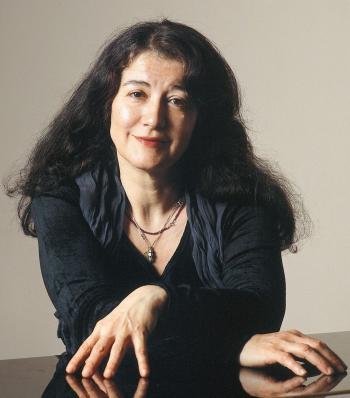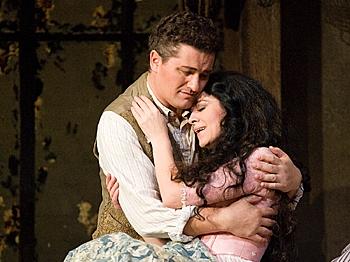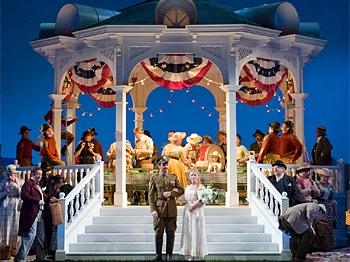SF Opera’s ‘Three Decembers’: Another Tale of the City
The legendary mezzo-soprano Frederica von Stade starred in San Francisco Opera’s ‘Three Decembers’ by Jake Heggie.
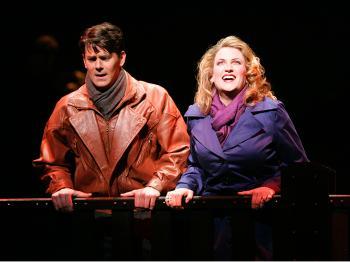
THE KIDS: Keith Phares and Kristin Clayton appear as Charlie and Beatrice in Jake Heggie’s ‘Three Decembers.’ Courtesy of Houston Grand Opera
|Updated:

